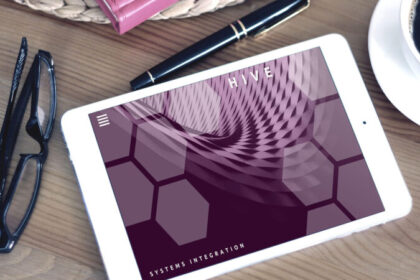Etiquette in the Workplace

In the workplace it is very important that behavioural etiquette is not overlooked. In fact it is can affect the mood of workers and in turn productivity. Some people are so oblivious of this aspect of human community behaviour – they are not really aware that some actions can actually grate on the nerves of their co-workers; and in some cases, they may know but they don’t care. A function of their own perception of self. I have made a list of some irritrating habits and behaviours that can be found in the workplace environment. It is said that if you want change to happen, then start with YOU – be the change you want.
So, look at the check list below and see if you can identify minimum of 5 of the offensive behaviours that you may be guilty of performing (this cuts across board, from top management..) Then decide that starting TODAY, you are done with with those behaviours. To yourself be true. So here we go…Truth Time!
- Have poor personal hygiene
- Leave old or spoiled food in the office refrigerator
- Don’t clean up after using the office kitchen, sink, restroom or appliances
- Leave trash or personal belongings in other people’s work spaces
- Don’t follow through when you say you’ll do something
- Refuse to acknowledge others unless they speak to you first
- Use language that is overly familiar, e.g., calling someone “honey” or “dear”
- Wear clothing that is dirty, too casual, too seductive or distracting in some other way
- Flirt with coworkers, vendors or customers
- Wear too much perfume or after-shave
- Drop in on others while they are working without asking if it’s okay to interrupt
- Habitually arrive late at meetings
- Gossip about others
- Have outbursts of anger or yell and curse
- Say negative things about other employees behind their backs
- Brag
- Talk too much about your personal life (Some sharing is good, very good, but knowing the right amount is critical.)
- Speak too loudly on the telephone
- Eat food at your desk that has a strong smell
- Tell jokes that involve race, gender, sexual orientation, religion, ethnicity or national origin
- Touch others too much or in inappropriate ways
- Invade their personal space, standing too close when you talk to them
- Send sloppy e-mail messages
- Borrow things but forget to return them
- Play music in your cubicle that others can hear
- Forget to return the restroom key or put it in the wrong place (or even take it home by mistake)
- Don’t say “thank you”
- Speak condescendly at subordinates
- Waste your time while others are working hard
- Don’t return phone calls in a timely manner
- Keep asking other people the same questions even though they answered your questions before
- Start meetings late and/or don’t end them on time
- Don’t pick up your completed copies from the copy room or pick up pages you have sent to the printer.
- Don’t check faxes or copies you have made to make sure that all the pages are yours
- Carry on loud conversations outside of your office or cubicle
- Borrow money and forget to return it
- Frequently complain and/or criticize others
- Block walkways or doorways when carrying on conversations
- Don’t pay attention when others are speaking to you
- Keep others waiting
- Leave voice mail messages that are difficult to understand (in particular, saying your phone number so quickly that others have to listen several times to get it right)
- Use emoticons (those little faces that express an emotion) in office e-mail
- Leave the coffee pot empty
- Forward on every e-mail you get because you think it’s interesting without asking if the other person wants this information
We all spend most of our day with other people in the office and it is important that we don’t inconvenience one another in any way. This also applies to Leaders. A good leaders is not only technically intelligent but is conscious of his environment and shows the way by being emotionally intelligent, morally intelligent and having body intelligence.
This checklist can be photocopied and sent to other departmental heads. If you have observed any unethical issues not on this list, then add them on.



